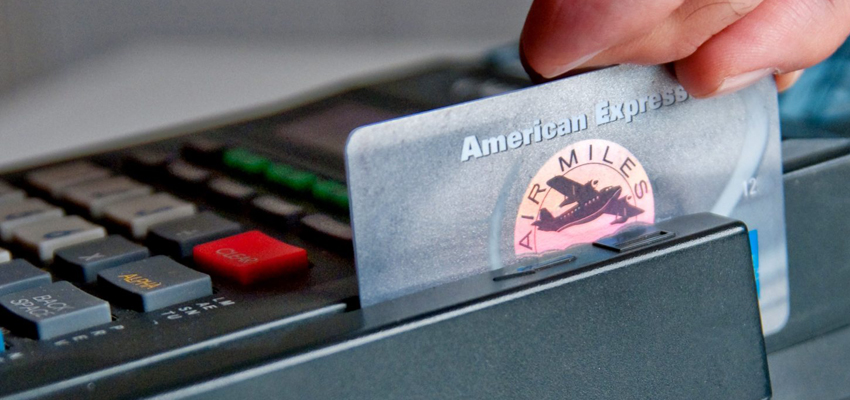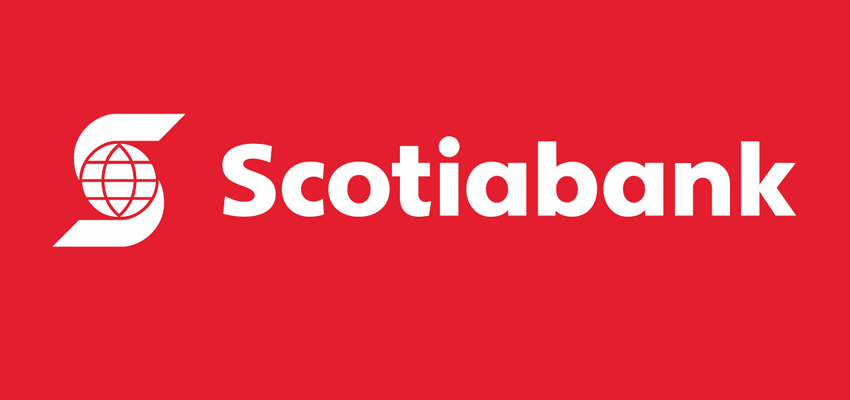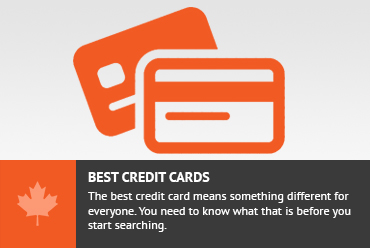The Skinny
This is a response to Moe’s question on establishing and building credit. She is recently widowed and all of her financial accounts were in her late husband’s name.
It is very important to have good credit as it can affect many things, including:
- Getting approved for an apartment
- The rate you pay on a mortgage
- Being offered a job or not
- The amount you pay for car, property and life insurance
Married couples should make sure that each of the spouses maintains a healthy financial credit profile. It is a good risk management mechanism.
Getting a credit card is the easiest way to start to build that credit if you don’t have it.
You can have your regular bills auto-charge your credit card each month and your credit card auto-deduct from your bank account and you don’t have to change your behaviour at all.
Don’t use your card as a credit product or chase rewards when you are establishing credit.
The ideal card solution would implement the following:
- No annual fee
- Low income requirements
- Easy approval
- Potentially with a bank you are comfortable with
The easiest ways to get approved for a card when you don’t have credit is:
- Leverage existing banking relationship
- Consider banks that specialize in products for low / bad credit
- Look at getting a secure card for a short period
The cards I suggest for Moe, specifically are:
Overview
This is an article where I respond to reader questions about their personal credit card situations.
Reader Moe asks:
Hi Pointster,
I have a question about building my credit. To give you a bit of background, I am a 70 year old retiree. I have never had a credit card and I don’t want to use one. I currently pay for everything using my CIBC debit card. I also don’t think I will need to borrow money in the future.
I am recently widowed. My late husband used to take care of all of the finances and all of our accounts were in his name, including our utility bills etc. My family has told me that I need to get my financial life sorted out and that I should look at building my own credit just in case.
Can you make a suggestion on what you think I should be doing?
Thanks.
Moe
Moe, thanks for the question and I am sorry for your loss. Our prayers are with your late husband. I’ll try to answer your question.
I think Moe is looking to find the answer to the following questions:
- Why should I care about my credit score?
- What are ways to improve it at the lowest cost without changing my behaviour too much?
I’ll address these 2 key questions below.
First of all, the best and easiest way to establish your credit is to have a regularly used credit card, and show that you can handle paying your bills every month. Having a credit card is not necessary, but it definitely helps your cause. It should also be relatively easy to get if you look for the right ones.
Importance of having credit
Moe brings up a few issues here that I think are very important to address. That is the importance of having some credit and having good credit. Moe is not in a situation where she will need to borrow money, but her family has suggested that she should still maintain a strong credit profile in the off chance that she ever does need to borrow money. The impact of this goes far beyond borrowing money, as your credit score will impact the prices you pay for insurance and even your ability to get a new cell phone or cable tv installed. Those are examples of things that are probably very relevant to Moe going forward as she may be looking to change houses or cars and she will have to update her insurance or apply for a new Rogers or Bell Internet / Cable account (for example).
It is very important to have a healthy credit profile. A bad or non-existent credit profile could affect:
- Getting approved for an apartment
- The rate you pay on a mortgage
- Getting approved for a business loan
- Being offered a job or not
- Your ability to set up your hydro, cable or phone hookup
- The amount you pay for car, property and life insurance
- Being approved for your professional licenses or not
I mention a few of the pieces that create your credit profile here in my article on applying for a lot of credit cards.
Married Couples and Credit
Moe’s situation is not uncommon for married couples. Often all of the financial affairs are handled by one of the spouses and nothing is in the other person’s name. This can cause many problems in the case of a divorce or the death of one of the spouses.
I know of a 35 year old who recently got divorced. While she was married, all of their financial accounts were in his name, and her credit score was not managed. When she got divorced, she no longer had his credit profile to lean on and couldn’t get approved for an apartment based on her (now stale) credit profile.
For married couples, it is always a good idea to make sure each spouse has at least some of the bills and credit cards directly in their name. It is not a good idea to concentrate all of the bills in a single person’s name. That is just good risk management.
Don’t Change Your Habits
One of the key things that Moe mentions here is that she wants to try to not change her current behaviour. She currently uses a debit card as her financial management tool and is happy with the system she has. Although, she is likely sacrificing some rewards she could earn by using a credit card, I commend her for finding a system that works for her and sticking with it. It would be a bad idea to start using a credit card to chase $5 in rewards, when a single mistake could end up costing you $50. If you are a mistake-prone person, it is best to stick with the system that works best for you.
The Credit Trap
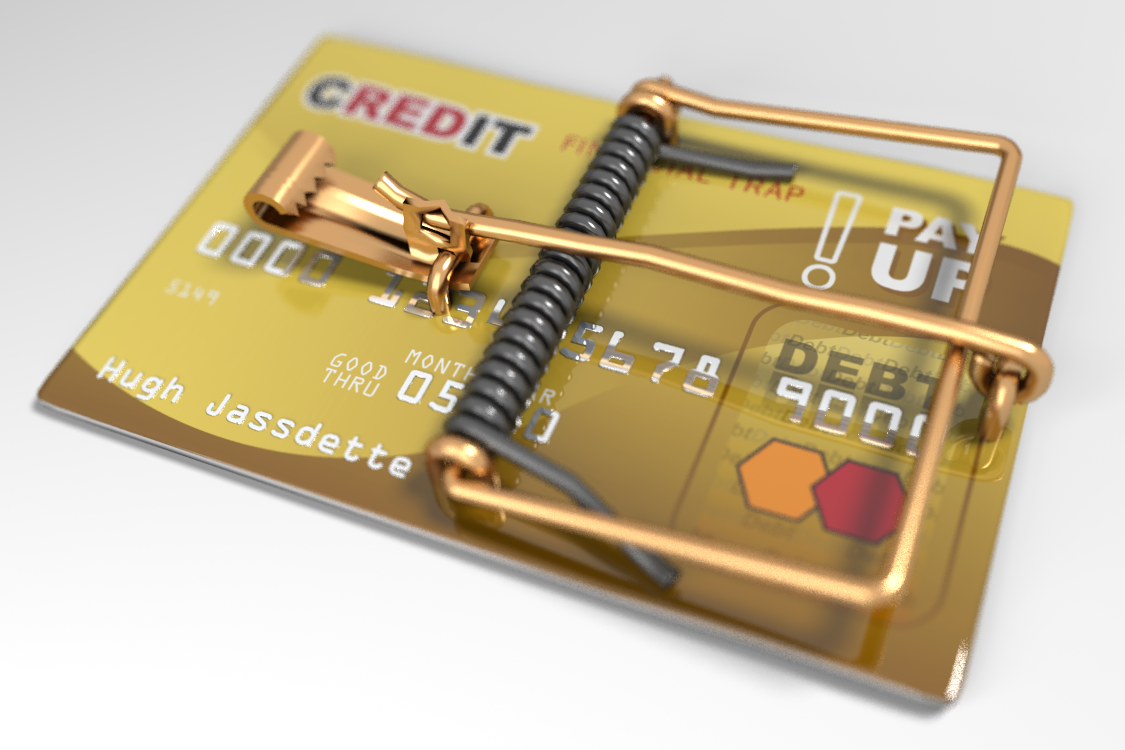
Many credit cards advertise the interest rate that you would pay if you borrow money on that card. In Moe’s situation, I think it would be a bad idea to change behaviours in an effort to chase those low interest rates. A 0% interest rate is only offered as an incentive to get you hooked on cheap money and then when you have already spent the money, they charge a much higher interest rate. To avoid getting involved in trying to play this game, it is best to simply ignore all of this and avoid using the credit card as a “credit” tool. It is best to just use the card products as “charge” cards that must be paid off in full every month.
Painless ways to “use” your credit card
One of the key aspects of building credit requires the “use” of the credit that is available to you. This means that you have to show some charges to your card every month and show that you can pay the bill on time every month.
Moe likely lives in a house and has some bills, such as Rogers cable, internet or cell phone that she must pay each month. In all likelihood, she has those bills being paid as a direct debit from her bank account. If this is the case, I would suggest the following:
- Have Rogers cable charge the credit card instead of the bank account
- Set up an auto payment to the credit card such that the entire credit card bill is pulled from the bank account whenever the bill is printed
From Moe’s perspective, she would have the exact same bank statement as before, but she would be building credit. Each month, the amount of the Rogers cable bill would be deducted from her bank account, just as it was before. (note, there would be a single transition month where she would have no Rogers bill charged to her bank account, and she would always be paying for the “previous” month’s bill).
Note: Rogers cable is just an example. Any bill that is currently automatically debited from a bank account would work in the same fashion. (Think gym memberships, utility bills, magazine subscriptions etc.)
Finding a Card Solution
So given that Moe is a retiree, it is important that we help to find her a reasonable card solution.
Here are some of the key features that Moe should look for in the card that she applies for:
- No annual fee
- Low income requirements
- Easy approval
- Potentially with a bank she is comfortable with
- Rewards that can be redeemed after very little spending amounts
There are some strategies that I would suggest to employ to ensure that Moe was approved for the cards that she is interested in applying for:
- Leverage existing CIBC banking relationship
- Consider banks that specialize in products for low / bad credit
- Look at getting a secure card for a short period
Leverage existing CIBC banking relationship
Moe claims that she has a CIBC debit card. I imagine that her financial life is relatively simple and all of her accounts are probably with CIBC. CIBC is likely to look upon her more favorably since she is a good customer of theirs. If she knows her local bankers personally, she should likely talk to them directly and have them push her application through. She will be much more likely to be approved for a card this way.
Another benefit is that she is going to have a much easier time setting up her auto payments etc in person if all of her accounts are with CIBC.
Consider banks that specialize in products for low / bad credit
MBNA and Capital One are 2 banks that have card products that are specifically created for people looking to build credit. These are reasonable solutions that Moe should investigate if she doesn’t want to look at the CIBC products.
Look at getting Secure credit cards
In the situation where Moe can’t get approved for a CIBC card or an MBNA or Capital One low credit product, she might be interested in getting a secured credit card.
Usually secure credit cards come with small (but still annoying) annual fees, and require the candidate to deposit some money in an account which will be the basis of the credit line. Deposit $500 and you would get a $500 credit line to use.
After 6 months of using this card wisely, you should apply for a new (non-secure) card and get your deposit back. Hopefully the 6 months of good use of this card will allow you to get a regular card.
Specific Card Suggestions
For Moe, here are the cards I suggest. I have taken into account the key aspects I think she should consider when deciding which card to get:
- No annual fee
- Low income requirements
- Easy approval
- Potentially with a bank she is comfortable with
- Rewards that can be redeemed after very little spending amounts
Based on this here are my suggestions:
CIBC Dividend Visa
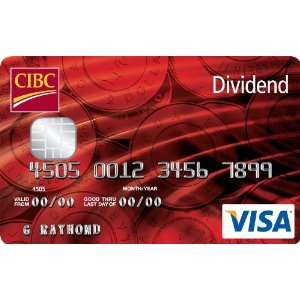
| Issuing Bank: | CIBC |
| Minimum Income: | $15,000 |
| Annual Fee: | $0 |
| Rewards: | Cash Back based on tiers
|
| Redemption: | Full cash rewards as a statement credit in December |
The CIBC Dividend Visa is going to be my suggestion for Moe. I would suggest just going directly to the local CIBC branch and ask to apply for this card noting her specific situation. I think that her personal relationship there will be very valuable and she will get the assistance in setting up her accounts easiest.
The CIBC Dividend card is a good card for her due to the low income requirements, and the fact that she can get her entire rewards amount credited to her statement every year. The amounts of rewards she will get will be extremely small (<$20 / year likely), but this redemption is seamless and there is no minimum. She might earn less rewards than other cards, but she will definitely not lose any rewards she might earn by forgetting to redeem or not having enough to redeem when she wants to.
Capital One VIBE Mastercard
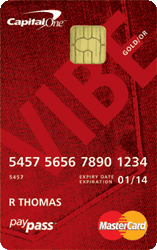
| Issuing Bank: | Capital One |
| Minimum Income: | None stated |
| Annual Fee: | $0 |
| Rewards: | 1% cash back |
| Redemption: | Redeem as cheque or statement credit with no minimum |
The Capital One VIBE card is a card that is designed specifically for students with no credit history. In all likelihood Capital One would accept Moe’s application for this card but there is a chance they would try to move her to another card that she may or may not be eligible for. Also, the application page clearly states that a secure payment may be required in the event that the applicant is not eligible for the card independently.
The rewards are 1% as cash back and there is no minimum required before redeeming, which is nice. The only problem is that those rewards redemptions have to be requested. This is a great option for her, but she should make sure to remember to redeem her rewards with some regularity.
MBNA Rewards Mastercard
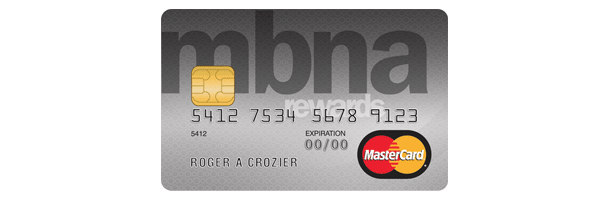
| Issuing Bank: | MBNA |
| Minimum Income: | $35,000 (or be a student) |
| Annual Fee: | $0 |
| Rewards: | 1 MBNA point / dollar spent |
| Redemption: |
|
This is a good card from a good bank. I like the MBNA cards because MBNA tends to be very good about allowing you to easily move to a higher tier card should you want to. For most people, getting a starter MBNA card will be the easiest way of eventually carrying a higher tier card.
For Moe, specifically, this is not the best card as there is a minimum amount of $50 required before the rewards can be redeemed. Also, those rewards have to be requested, so there is actually a relatively high likelihood of her losing some of the value of her rewards.
Recap
This is a response to Moe’s question on establishing and building credit. She is recently widowed and all of her financial accounts were in her late husband’s name.
- Having good credit is very important and affects you even if you don’t need to borrow money.
- Married couples should ensure that both spouses have healthy credit profiles
- Getting a credit card is the easiest way of building credit
The ideal card for starting out has no annual fee, low income requirements and easy approval. To find the cards to apply for, use existing banking relationships, consider banks that have specific products for low/bad credit and look at getting a secure card as a last resort.
For Moe, I suggest the following cards:
Capital One, CIBC, Credit Cards, MBNA





